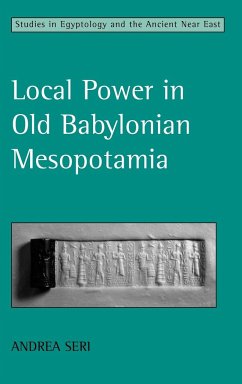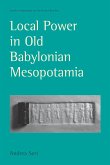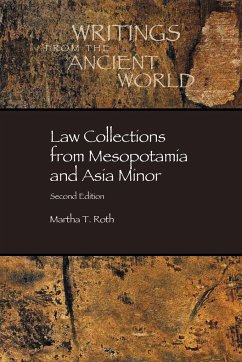This book focuses on certain local powers in Old Babylonian Mesopotamia (ca. 2000 - 1595 B.C.), namely the chief of the city (rabianum), the elders, the "city," and the assembly. This is a novel approach to Old Babylonian history that allows us to understand the constituency, activities, and sphere of influence of local institutions of authority, and the way they coped with state officials and royal policies. Focusing on local powers changes the traditional manner of looking at the state. This is so because far from being a monolithic entity that unilaterally made decisions concerning people, water, land, and other resources, the state had to deal with local institutions that were not always willing to accept royal decisions passively. The state was often unable to penetrate deeply into traditional social and economic practices that were controlled by local leaders, as is most apparent in the conflict of jurisdiction related to land distribution. However, the state did surreptitiously co-opt local leaders into the royal domain. The methodology and conclusions of this case study of local authorities in Old Babylonian Mesopotamia will also be useful for those studying other ancient states and complex societies.








